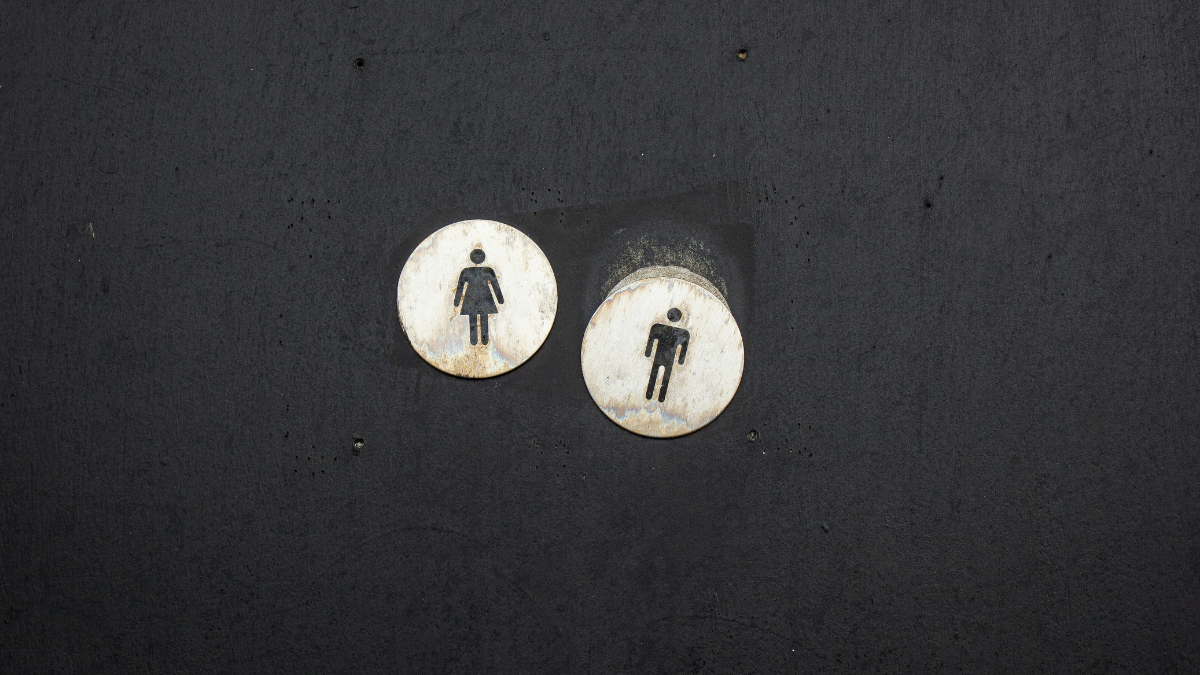

BreakPoint
The Dogma of Darwinism
Where did religion come from? According to Harvard biologist E.O. Wilson, religion is a product of evolution. In his new book Consilience, Wilson says belief in God must have given early humans an edge in the struggle for survival. But today, he says, traditional religions are being replaced by a new morality, a new unifying myth, based squarely on evolutionary biology. Darwinism itself is becoming a new religion. Wilson may sound radical, but he's right. Darwinism is about much more than science: It provides the scientific support for an entire naturalistic worldview or religion. Broadly speaking, a religion is anything that functions as a person's ultimate belief or worldview- anything that answers the basic questions of life: Where did we come from? What are we here for? How do we know what's right and wrong? For many people today, Darwinian evolution answers those fundamental questions. Where did we come from? From chance collisions of atoms, Darwinism says. Why are we here? There is no purpose to life, Darwinism says-no reason for existence. We are cosmic accidents. How do we know right and wrong? We DON'T know any objective moral law: Morality is merely an idea that appears in the human mind when it has evolved to a certain stage. Hence people make up their own ideas of right and wrong. Cornell biologist William Provine sums up the implications Of Darwinism in simple bullet points: It means "No life after death; no ultimate foundation for ethics; no ultimate meaning for life; no free will." This is why the issue of Darwinism versus cosmic design Has become such a fierce battleground in America today. The debate is not just about fossils or genetic mutations. Our theory of origins determines our identity, our values, our sense of meaning. This is why, in today's world, the Christian message must begin with creation. We cannot simply start off with John 3:16 and the gospel message. That's like starting to read a book in the middle of the story--you don't know the characters and you can't make sense of the plot. We need to start with creation, where the main character of the "story" is introduced as the Creator of all, and the "plot" of human history begins to unfold. Creation tells us who we are and why we are here. It tells us our lives DO have ultimate meaning. It gives the basis for morality, because if God created us for a purpose, then morality is the guidebook telling us how we fulfill that purpose. And when we live outside the bounds of the purpose for which we were created, that is sin. Suddenly theological terms make sense. Creation is the basis for the entire Christian worldview. A century ago, the great Dutch statesman Abraham Kuyper wrote that if we are going to stand against the powerful forces of unbelief today, we must understand that we face a clash of worldviews-and we must frame Christianity as an equally comprehensive worldview. That means beginning with the God who created "the heavens and the earth, and everything in it." For "everything in it" finds its meaning in Him.
09/14/99















